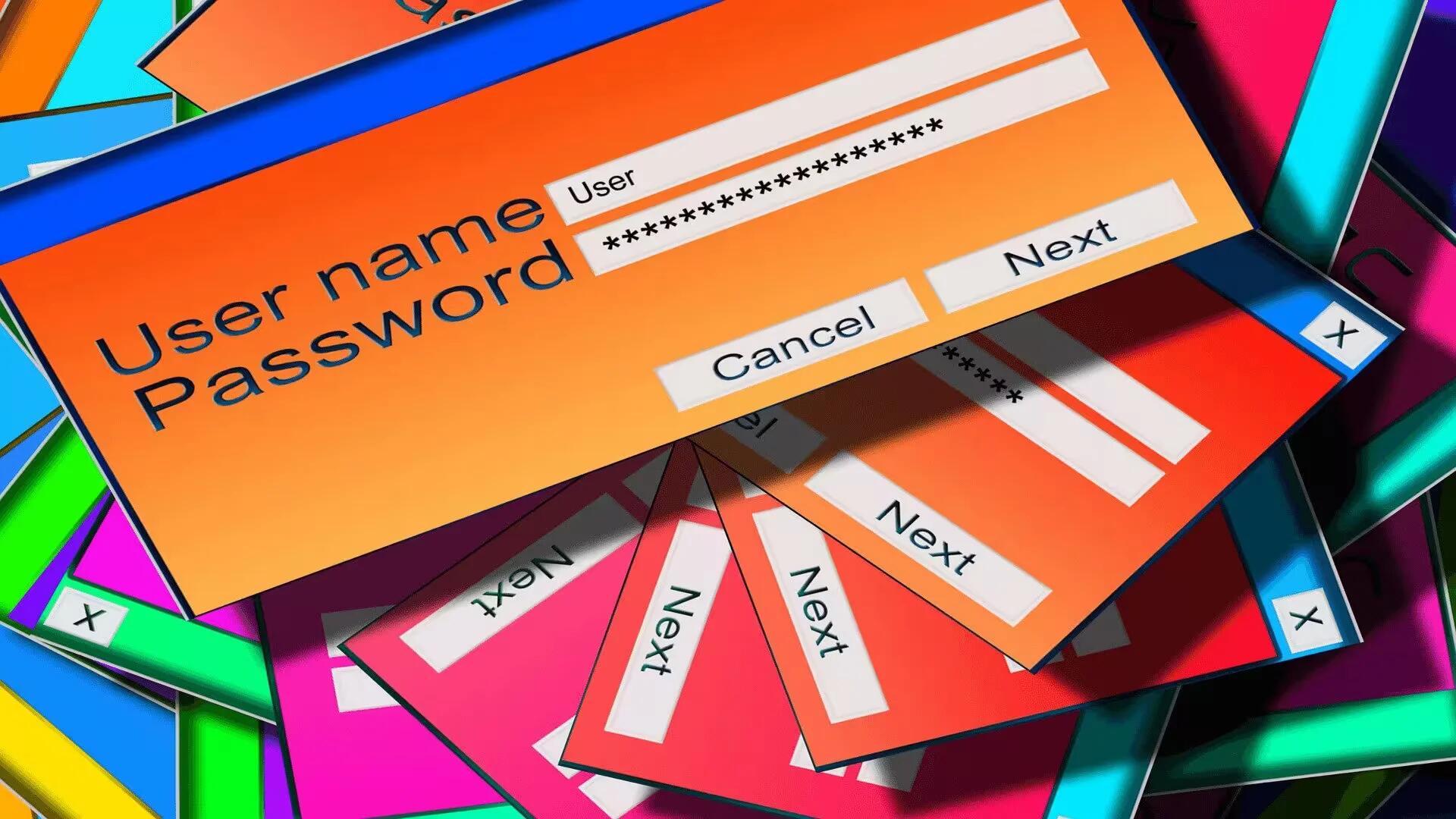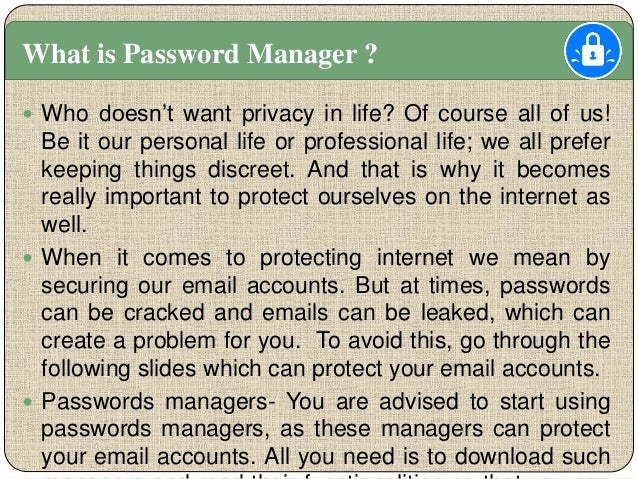

#PASSWORDS MANAGER VAULT PASSWORD#
Password managers are simply the best way to keep track of all your internet logins. Also avoid using the same password for everything, which is another idea security professionals will advise you against. What you shouldn’t do is store passwords on a sheet of paper, which is right on the top of every IT professional’s list of prohibitions. Anyone who gains access to your computer would theoretically have access to all that information if they knew to look there, and while you need to know the password for the Google account signed in to Chrome to view the passwords you can still see usernames and their associated websites, greatly reducing the amount of work that needs to be done to compromise an account. In Chrome you can see every stored password, username, and website combination by opening Settings and looking for Passwords under Autofill. Most web browsers will ask if you want to remember a password, but that data is stored in a completely unsecured manner. Take storing your passwords in a web browser, for example. What’s important to note isn’t the incidents that have compromised user security, though–it’s the alternative. Hackers have gained access to the databases of password management companies and made off with user data before, and it’s entirely possible that it will happen again. SEE: All of TechRepublic’s cheat sheets and smart person’s guidesĪs with any technology, nothing is foolproof.
#PASSWORDS MANAGER VAULT CRACK#
A security architect who has done the math found it would take one billion years to brute-force crack AES-256 encryption–that time shrinks to zero if the hacker has your master password and you aren’t using two-factor authentication, so be sure to add that extra layer of security. The odds of a hacker attacking your device and stealing data from your password management app is slim, and it’s even slimmer that they’ll be able to decrypt that data. Most password managers worth using utilize AES-256, which is generally considered one of the strongest forms of encryption available–so strong that the US government uses it to transmit top-secret information. Extra security or extra risk? Pros and cons of password managers (TechRepublic).Phishing is another problem solved by password managers (ZDNet).Top 5: Things to know about password managers (TechRepublic).Video: Why you need a password manager (ZDNet).Why most of what we know about passwords is wrong, and how businesses should respond (TechRepublic).In short, password managers should take the hassle out of your digital life by putting all your sensitive information into one secure, easy-to-access location. By using that feature you won’t have to type anything but the master password, and it’s also a good way to avoid having passwords stolen by keylogging malware.Ī good password manager will allow you to sync your data between devices so you won’t have to worry about losing data stored on your desktop if you’re using your smartphone. A longer password is more secure and harder to crack, and the passwords generated by password managers are combinations of random numbers and letters that are very secure.Īnother important feature of most password managers is the ability to automatically fill in passwords to stored sites. Password vaults can be used to simply store passwords for easy recall, but one of the best features of most password managers is their ability to generate passwords. In order to gain access to the passwords stored in the manager, a user has to know the master password in many cases, a second authentication factor is required as well. SEE: Password Management Policy (TechRepublic Premium) What are password managers?Ī password manager is essentially an encrypted vault for storing passwords that is itself protected by a master password. Two-factor authentication should be used when available, but staying safe doesn’t stop there. If you want to be safe on the internet, you need to add an extra layer of protection.

That’s a problem in the age of modern cybercrime: The theft of one password could open you up to dozens of password-related headaches as a hacker makes their way through websites testing your email address and password to find a match.
#PASSWORDS MANAGER VAULT PRO#
Talk to a cybersecurity pro about passwords, and they’ll tell you two things: Every password should be unique, and there’s no way they are, especially considering the most popular password in 205, followed by 123456, and 123456789. Passwords are ubiquitous–so much so that the average internet user in the US has around 70-80 different passwords. Find me a person alive that doesn’t have at least one online password, and I’ll eat my hat.


 0 kommentar(er)
0 kommentar(er)
